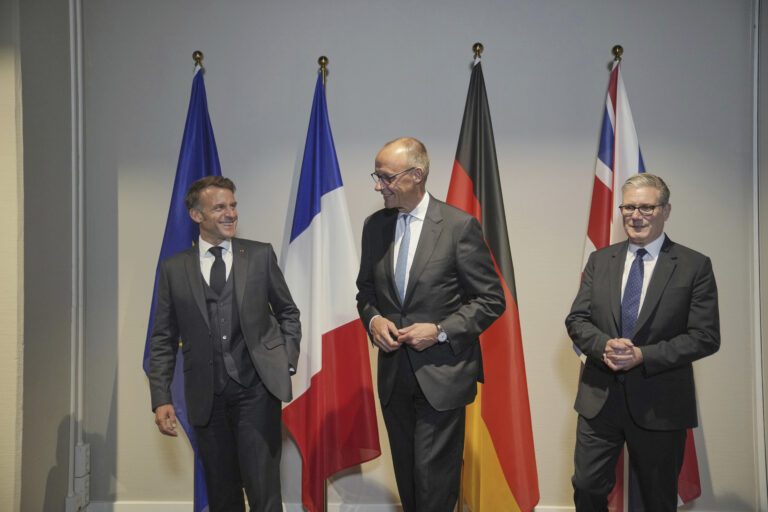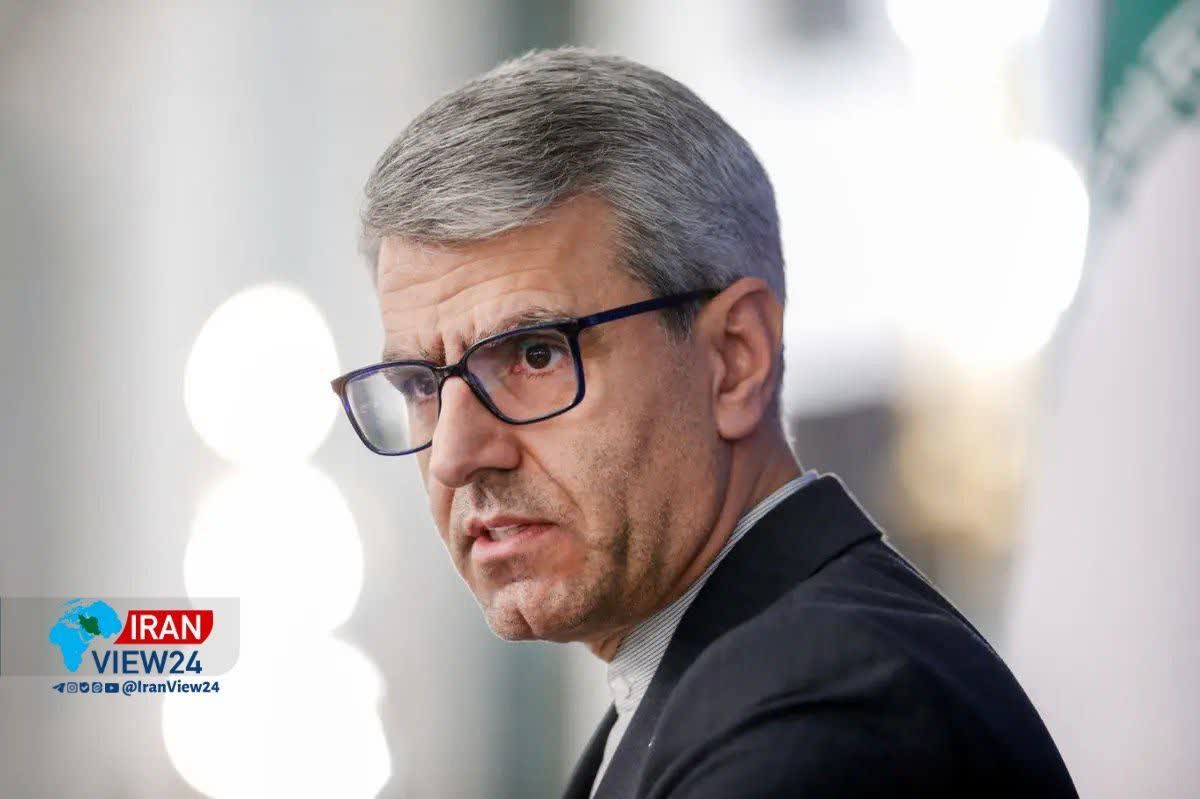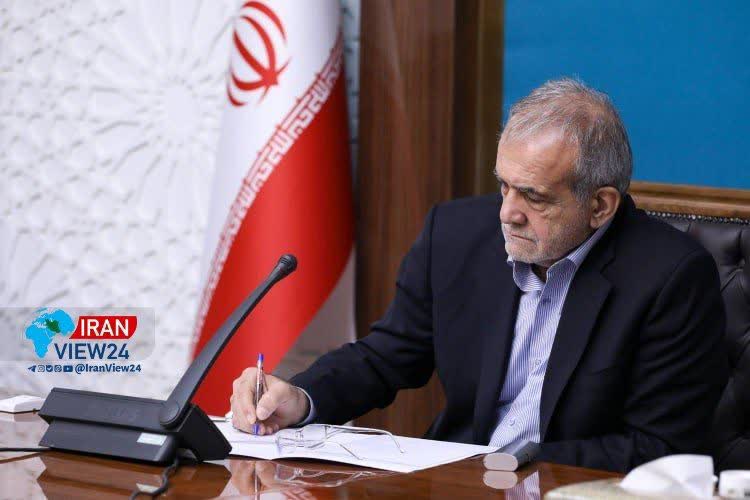The trilateral agreements between France, the United Kingdom, and Germany have evolved beyond public declarations into practical instruments for dividing roles, exchanging information, and even coordinating crisis responses — agreements designed to address the vacuum left by the lack of support and coordination with the United States.
By Andrei Bejan – Independent Analyst, Romania
Donald Trump’s return to the White House hasn’t just rattled Washington—it’s reverberating through Europe’s power corridors. For leaders in Berlin, Paris, and London, the message is unmistakable: the days of unconditional transatlantic security guarantees are over. What was once treated as an aberration during Trump’s first term is now being factored in as a structural reality.
In response, Europe’s three key players—Germany, France, and the United Kingdom—are quietly accelerating security coordination. While their trilateral meetings don’t always make headlines, they point to a growing sense of urgency and shared purpose: Europe can no longer count on a predictable United States.
This emerging Franco-German-British axis isn’t operating through EU institutions or formal treaties. It’s improvisational, operational, and rooted in realpolitik. As one French analyst put it recently, “Strategic autonomy is no longer a dream—it’s a deadline.”
At the heart of this shift lies a deepening anxiety. With war still raging in Ukraine, tensions flaring in the Middle East, and Beijing becoming bolder, Europe’s strategic vulnerabilities are increasingly difficult to ignore. The Trump factor simply adds another layer of unpredictability. The fear isn’t just that the U.S. might withdraw from NATO or abandon Ukraine. It’s that it might do so without notice.
In the background, joint statements have turned into working groups, and cautious dialogue into actionable plans. Intelligence sharing, joint drills, and policy alignment are all quietly underway among the Troika—sometimes outside Brussels, sometimes even bypassing traditional NATO structures.
From Eastern Europe, where reliance on U.S. security has long been the norm, these developments are viewed with a mix of hope and apprehension. A self-reliant Europe sounds appealing. But can it deliver?
One thing is clear: this time, the West isn’t waiting for Washington to lead. It’s hedging its bets. And from where we stand in the East, the question is no longer if—but how far—the European core is willing to go on its own.






